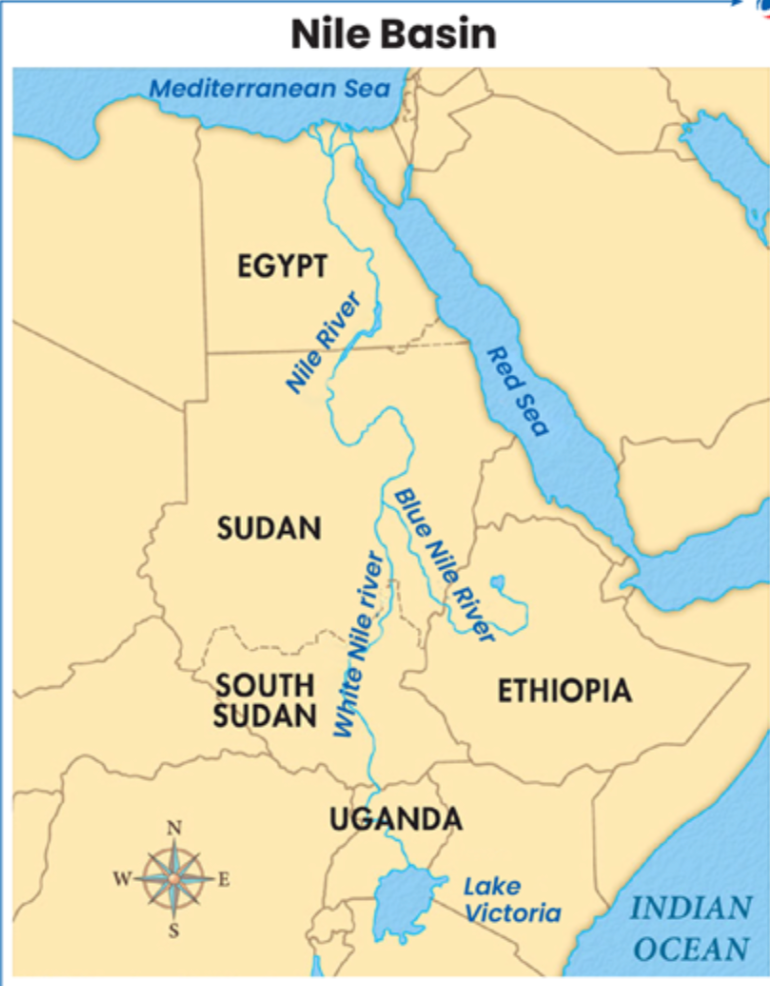NATO Members and the Ottawa Treaty Withdrawals
- OLIVIA ANNIE JINCE
- Jul 7
- 4 min read
Updated: Jul 8

The recent announcement by Finland on joining other member states like Poland, Latvia, Lithuania, and Estonia in the withdrawal from the Ottawa Treaty has sparked interest and criticism not only from alliance members but also across the global stage, speculating whether threats from Russia are the reason for this shift in policy.
1. INTRODUCTION
With the withdrawal from this treaty, Finland has become the fifth country to have done so. The Ottawa Treaty is also known as the Anti-Personnel Mine Ban Convention or the Mine Ban Treaty. It prohibits the use, production, stockpiling, and transfer of anti-personnel landmines. This treaty aims to prohibit Anti-personnel mines. The primary reason behind this was the great suffering caused by the landmines (anti-personnel and anti-vehicle mines) in the past years, killing and causing injuries to both civilians as well as bystanders long even after the conflicts ended.
One of the reasons behind this withdrawal from the Ottawa Treaty especially from members surrounding the Russian borders is because of growing threats from Russia and to protect itself from the concerning issues. As a result, it has alarmed legal analysts and human rights organizations from around the world, as it shakes the long-standing commitment to international humanitarian law and weakens civilian rights and protection.
2. BACKGROUND
The Ottawa Treaty, or the Mine Ban, was open for signature in Ottawa and Canada on the 3rd and 4th of December and remained open at the headquarters of the UN, which is, New York, until it was enforced on 1st March 1999. It seeks to ban the antipersonnel landmines.
Many of the members of NATO had signed this treaty, citing reasons like putting an end to the humanitarian crisis threatening international peace, law, and relations. Hence a total of 164 countries became a part of this treaty, though several major powers such as the USA, Russia, and India are not a part of this treaty.
2.1 Withdrawal
Now, because of a shift in the defensive policy of Russia and growing threats coming from the country, many of the NATO members bordering Russia have changed their stance. Countries like Finland and Ukraine have attributed the withdrawal to escalating tensions with Russia. First started by the Polish and the Baltic states on March 18th announcing their withdrawal intent, it was followed by the parliaments of Latvia, Lithuania, Estonia, and most recently, Finland, which have confirmed their exits. Ukraine has also announced its intent to withdraw from the treaty. The reason they put forth was to "harden" the borders.
3. IMPACT
This has raised concerns among the international community since the main reason why this treaty was signed was to eliminate the dangerous effects these deadly weapons cause to civilians, especially children and the elderly, and disrupt international peace.
3.1 Legal and Ethical issues
Under Article 20 of the Ottawa Treaty, the parties have the right to withdraw from this Convention, while keeping in mind their nation's sovereignty. The effect of this withdrawal will take place only after 6 months from the receipt given to the depository. While a withdrawal is legally permitted under Article 20 of this convention it raises serious ethical concerns related to international responsibility and civil protection, since this treaty can also be considered a part of the international humanitarian law.
The IHL (International Humanitarian Law) provides a clear framework or guidelines to signatories of the convention either to completely ban or restrict the usage of such mines which destroys mankind. They also further obligate the members to provide victim assistance, risk education and to provide international assistance and cooperation.
Though the core principle under Article 5 of the NATO charter is collective self defence, it still lays a great deal of emphasis on moral principles such as human rights and peace. Hence, even though the withdrawal is seen as a strategy to counter the threats arising, it contradicts the same principles, therefore placing NATO as well in a dilemma.
4. GLOBAL BACKLASH
The withdrawal of the members from the treaty has spurred or led to a mixed bag of responses from various countries and organizations. While some countries, including some of the NATO allies, have acknowledged their decisions because of the rising threats, some countries like the UK have stated that they would not be withdrawing from the treaty and that it will remain the same.
Organizations such as Amnesty International and Human Rights Watch called the withdrawal "disastrous", "ill-considered" and a "stain" on their reputation. Another human rights organization, that is, the International Committee of the Red Cross has labelled this move "unprecedented" and expressed their deep regrets while stating that withdrawal from any law of war treaty is just like "tears at the fabric" of law.
While India has not explicitly made their statement or has given a reaction to the same, it can be perceived that it would stay neutral on its stance, concerning its own security needs and geopolitical relations.
5. CHALLENGES
The withdrawal of the member countries from the treaty will provoke other nations to follow suit, thereby leading to more militarized zones. Henceforth, this escalation could provoke further geopolitical tensions, particularly with Russia, triggering an arms race in the region. This could further deteriorate the situation with long-term repercussions including the erosion of such treaties amongst this situation, the humanitarian crisis affecting the people of these nations, long-term legal repercussions and financial burdens on these countries. Since this movement is considered justifiable in terms of national sovereignty, the effects could be much harsher, affecting not only these nations but outside the borders as well.
6. CONCLUSION
Therefore, while the decisions made by Finland and other countries to withdraw from the Ottawa Treaty are rooted in their nation's security concerns, it raises concerns of humanitarian as well as legal issues in the coming future, as it threatens the core principles of international law and relations, that is, maintenance of peace and stability. If the protection of civilians becomes a secondary concern, the very core of international law is put at risk. As more countries are re-evaluating their positions on this issue, the question that arises before us is: whether peace and security can be achieved at the cost of humanitarian law?
REFERENCES





Comentários